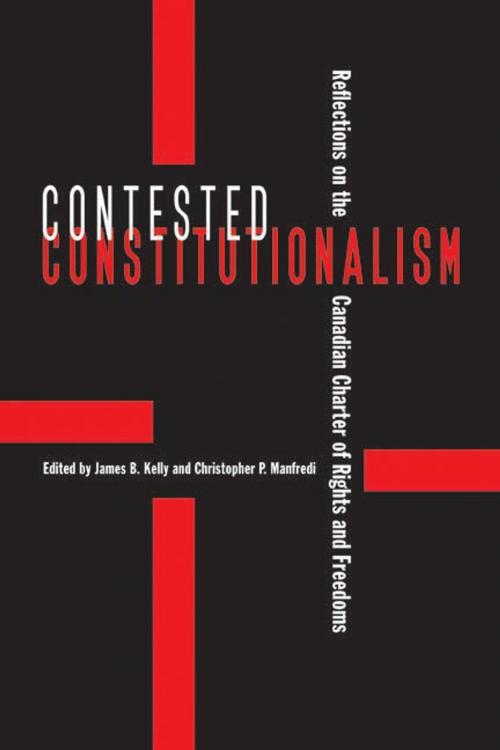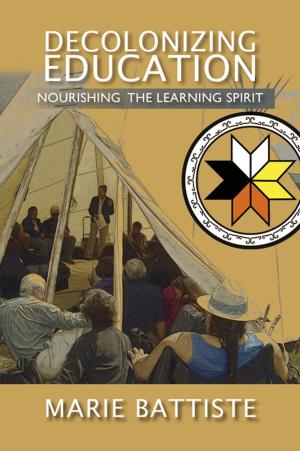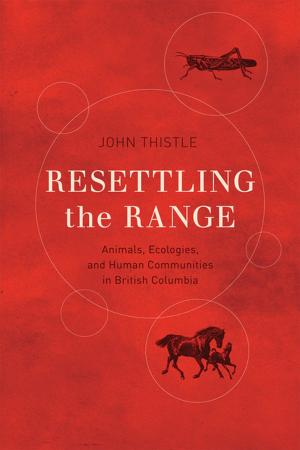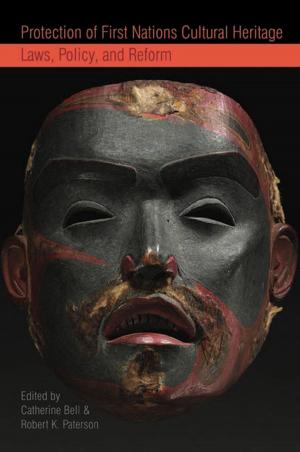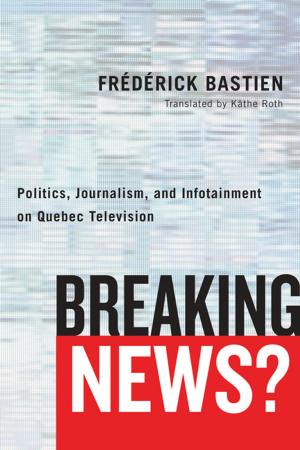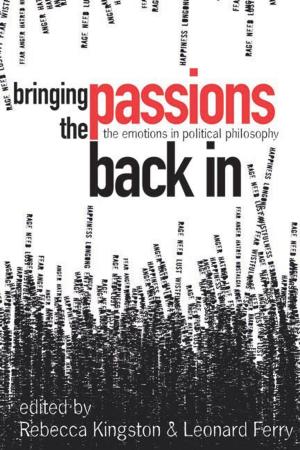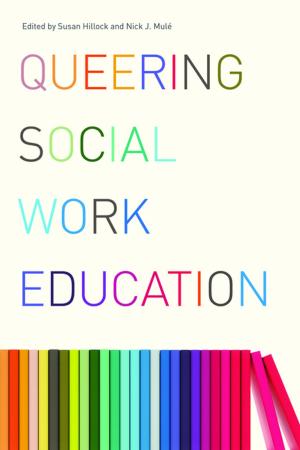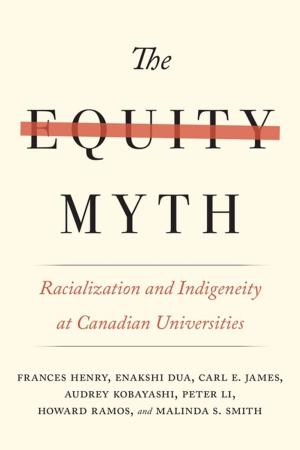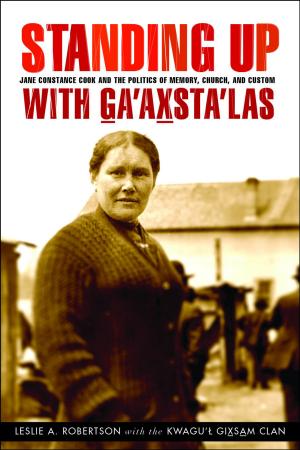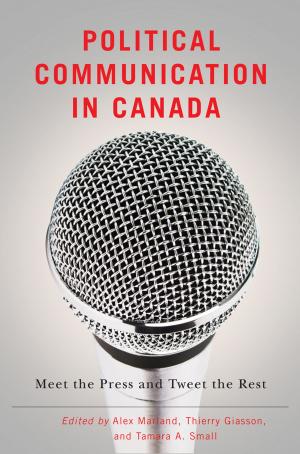Contested Constitutionalism
Reflections on the Canadian Charter of Rights and Freedoms
Nonfiction, Reference & Language, Law, Constitutional| Author: | ISBN: | 9780774858892 | |
| Publisher: | UBC Press | Publication: | January 1, 2010 |
| Imprint: | UBC Press | Language: | English |
| Author: | |
| ISBN: | 9780774858892 |
| Publisher: | UBC Press |
| Publication: | January 1, 2010 |
| Imprint: | UBC Press |
| Language: | English |
The introduction of the Canadian Charter of Rights and Freedoms in 1982 was accompanied by much fanfare and public debate. Twenty-five years later the Charter remains the subject of controversy as social commentators and public intellectuals assess its influence on political institutions, public policy, and conceptions of citizenship in the Canadian federation.
Contested Constitutionalism does not celebrate the Charter; rather it offers a focused critique by distinguished scholars of law and political science of its effect on democracy, judicial power, and the place of Quebec and Aboriginal peoples in Canada. Employing a diversity of methodological approaches, the contributors address three themes � governance and institutions, policy making and the courts, and citizenship and identity politics � and conclude that the Charter has had a profound impact on Canadian political institutions, constitutionalism, and law. They disagree, however, as to whether the Charter has been beneficial for Canada, and they debate the broader implications of the entrenchment of the Constitution Act, 1982.
Sophisticated and nuanced, Contested Constitutionalism moves debate about the Charter beyond assessments of its appropriateness to explore its impact � for better or worse � on Canadian politics and society.
The introduction of the Canadian Charter of Rights and Freedoms in 1982 was accompanied by much fanfare and public debate. Twenty-five years later the Charter remains the subject of controversy as social commentators and public intellectuals assess its influence on political institutions, public policy, and conceptions of citizenship in the Canadian federation.
Contested Constitutionalism does not celebrate the Charter; rather it offers a focused critique by distinguished scholars of law and political science of its effect on democracy, judicial power, and the place of Quebec and Aboriginal peoples in Canada. Employing a diversity of methodological approaches, the contributors address three themes � governance and institutions, policy making and the courts, and citizenship and identity politics � and conclude that the Charter has had a profound impact on Canadian political institutions, constitutionalism, and law. They disagree, however, as to whether the Charter has been beneficial for Canada, and they debate the broader implications of the entrenchment of the Constitution Act, 1982.
Sophisticated and nuanced, Contested Constitutionalism moves debate about the Charter beyond assessments of its appropriateness to explore its impact � for better or worse � on Canadian politics and society.
